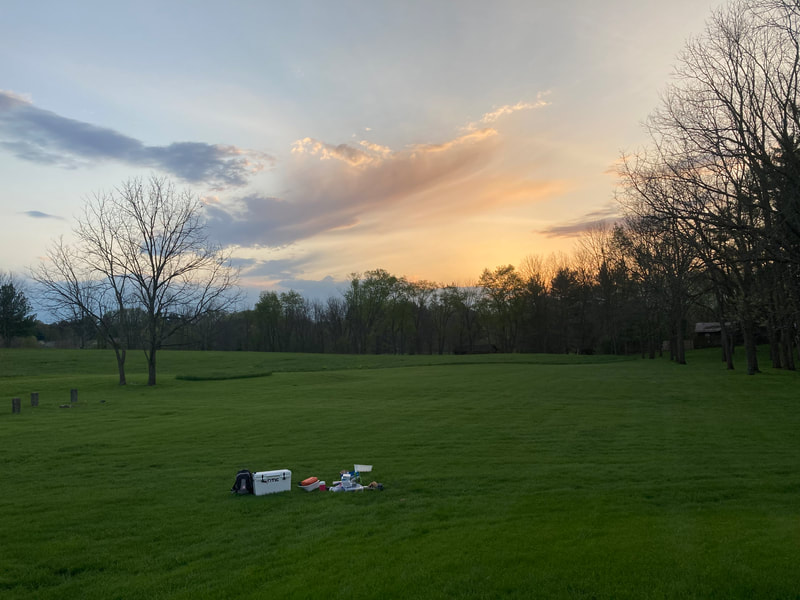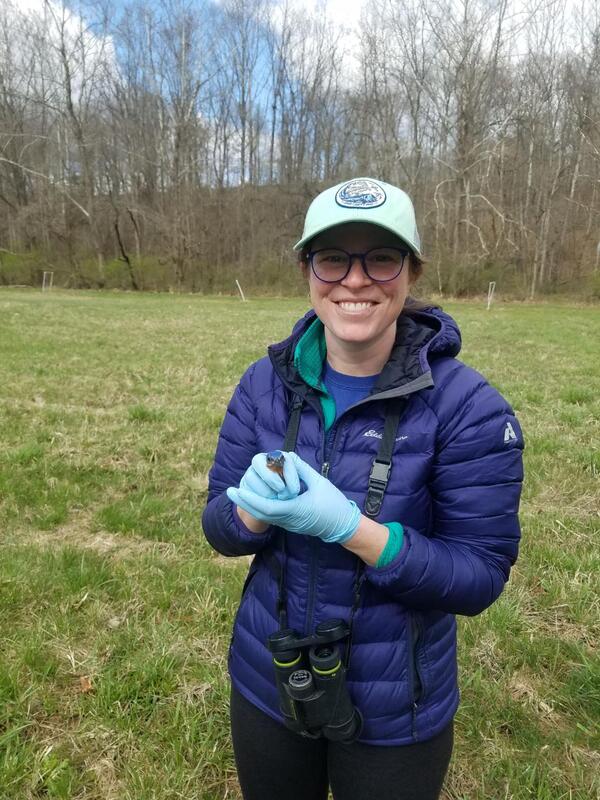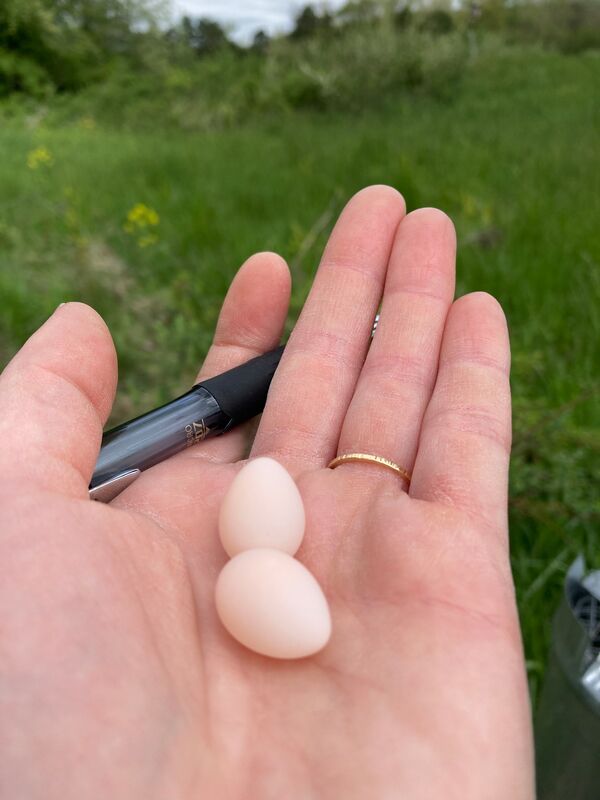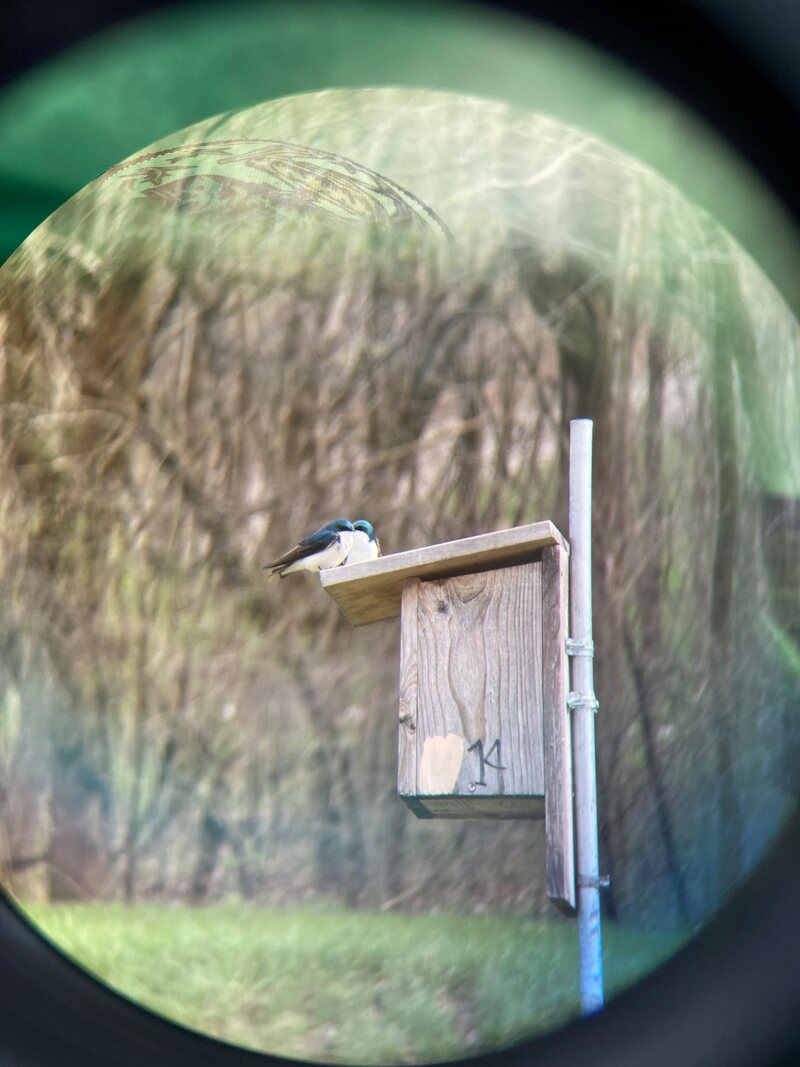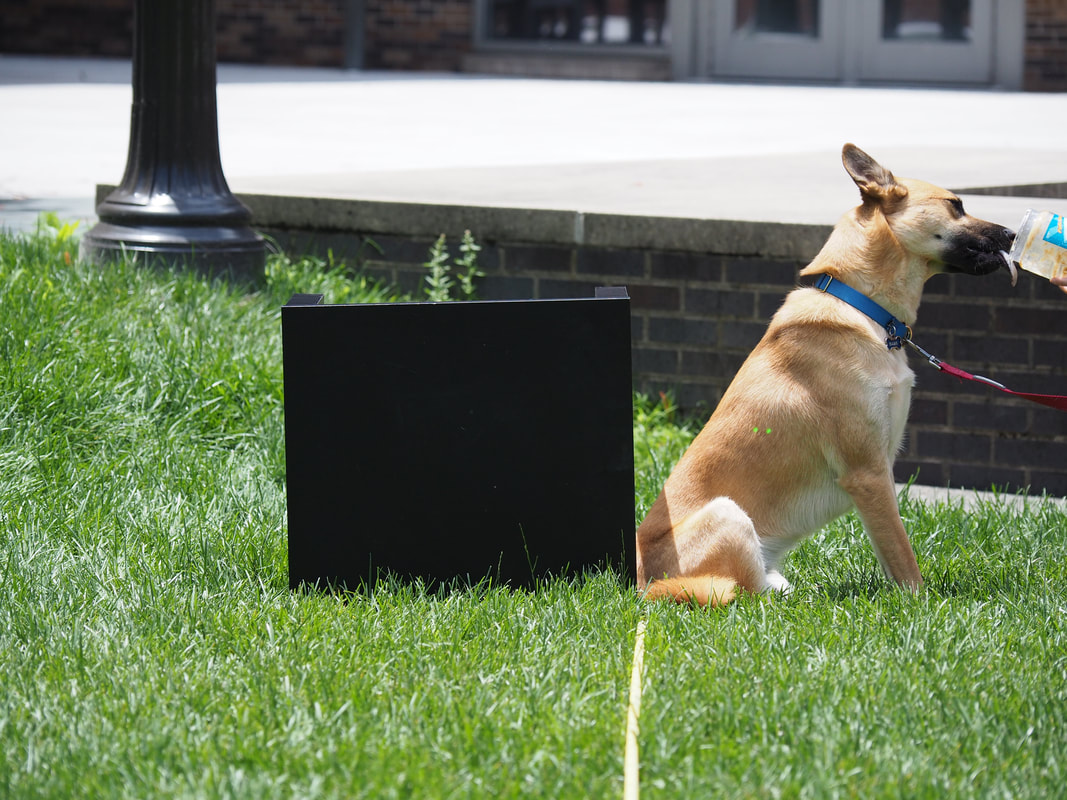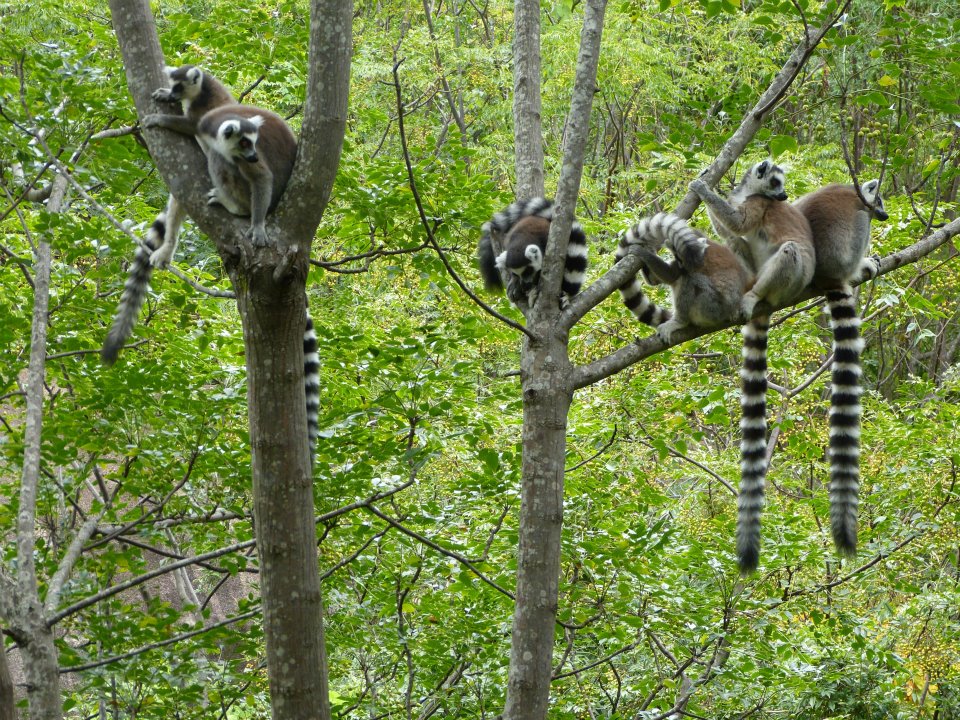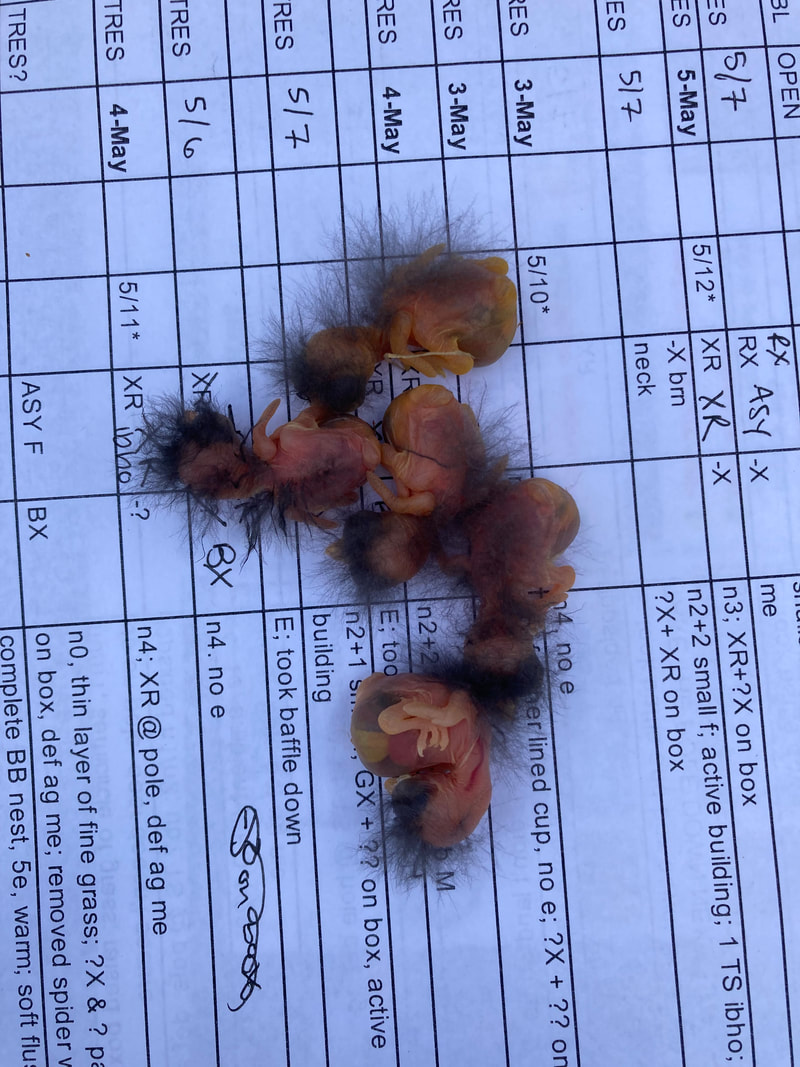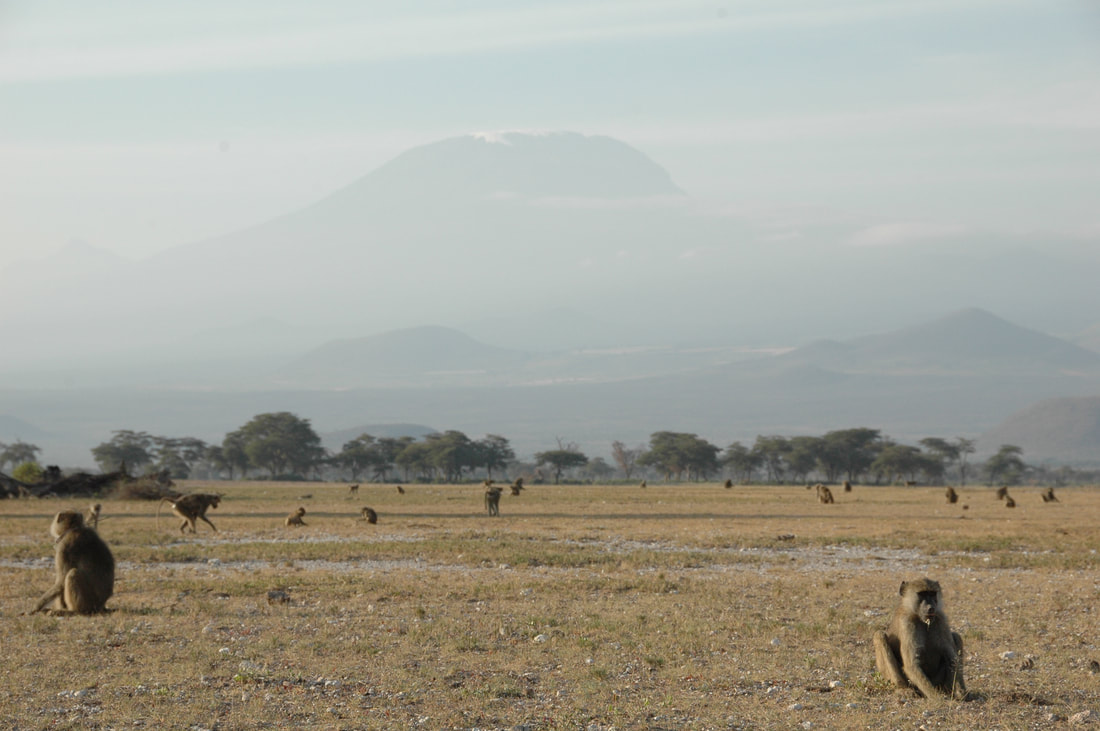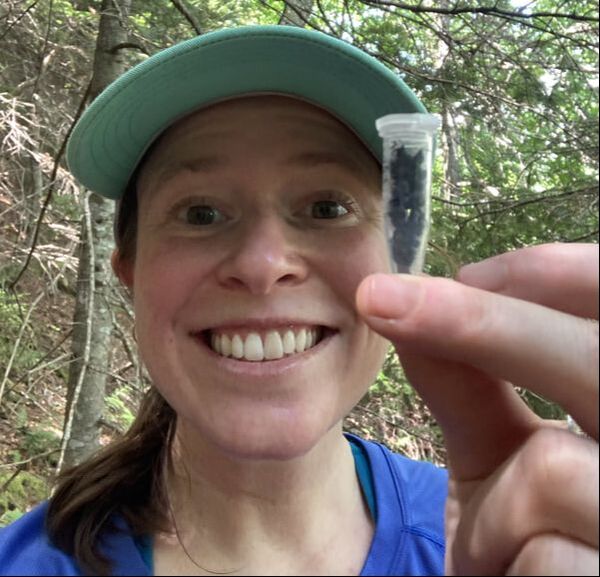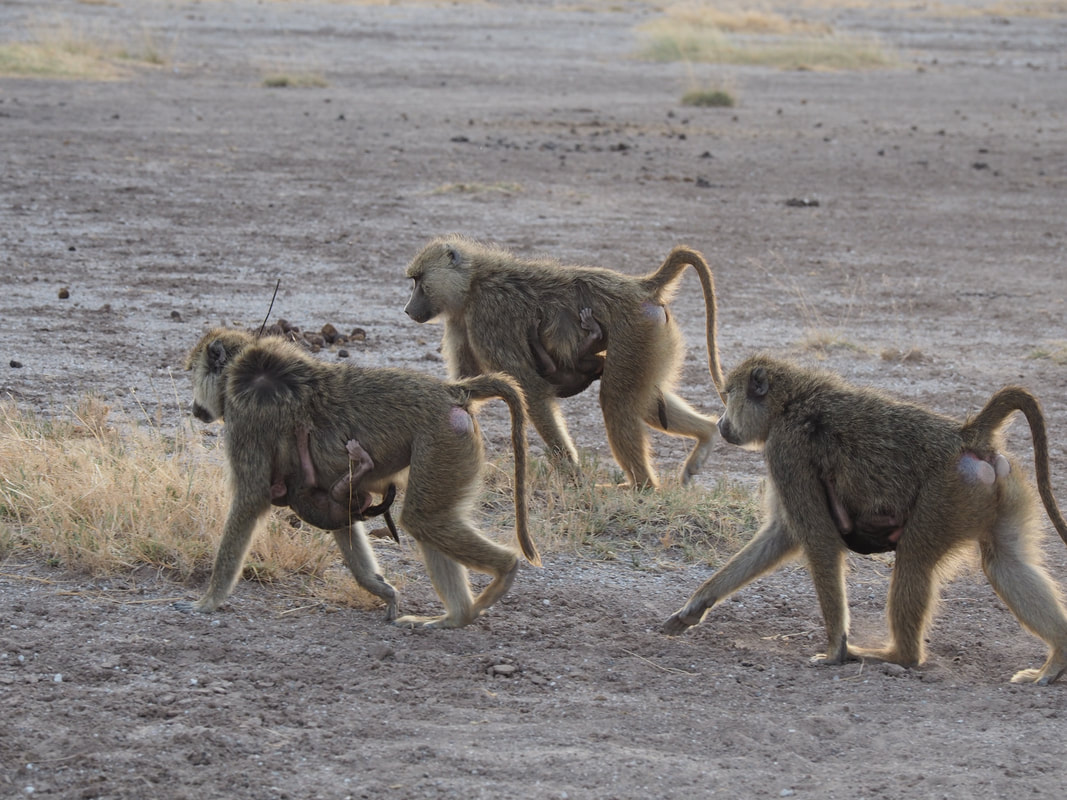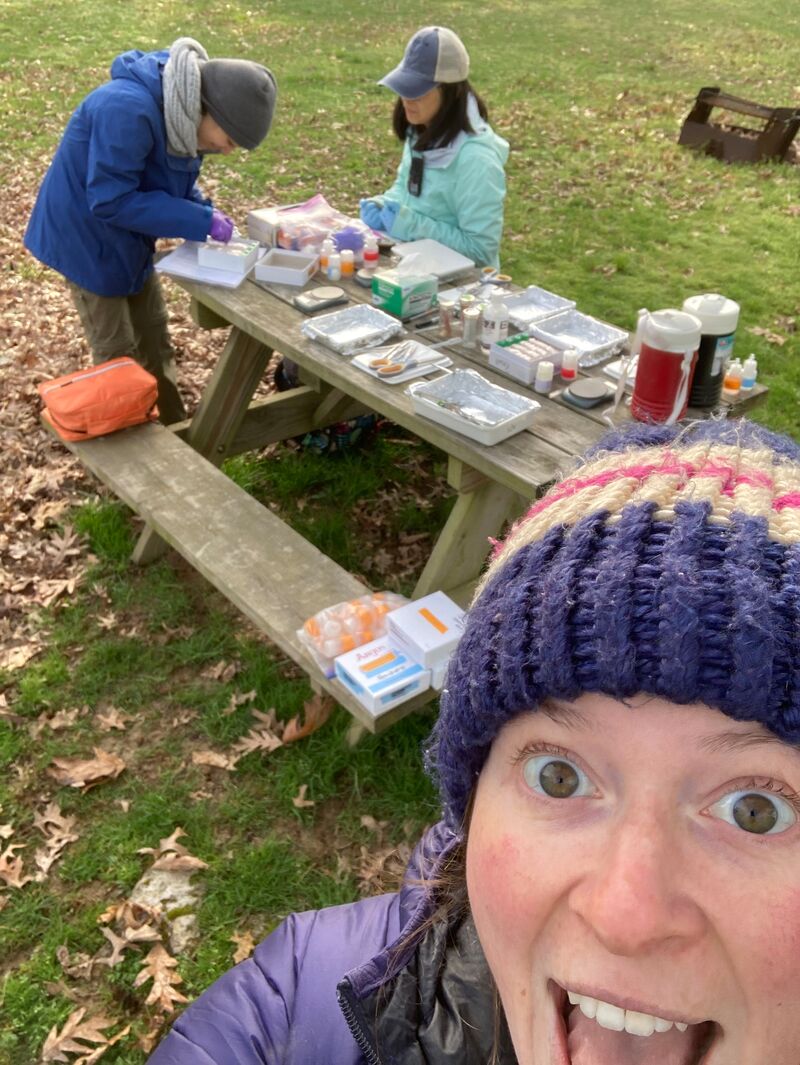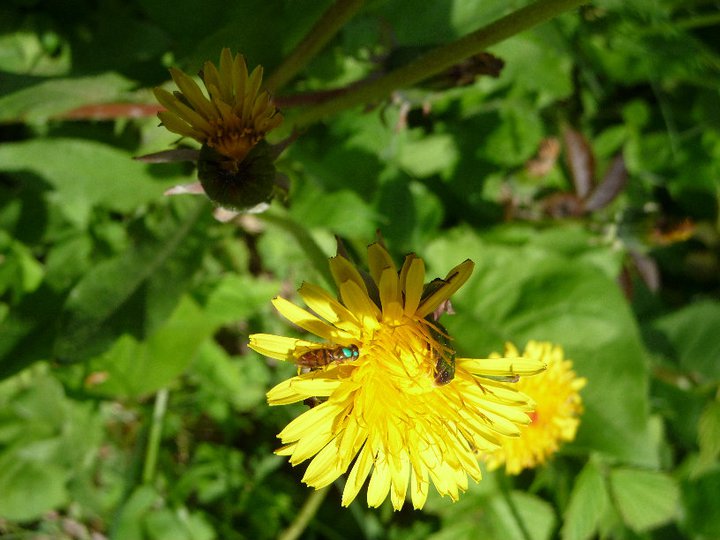Teaching, Mentoring & Outreach
I love sharing science with others - as a teacher, mentor, and outreach-er. As a grad student, I had a few opportunities to teach my own classes. In Spring 2021 I taught a a capstone seminar called Ecology & Evolution of Being Social. In 2020 I taught an Osher Lifelong Learning Course on Foundations of Animal Behavior, and I co-taught another Osher Lifelong Learning Course in 2022. I've had fun guest lecturing in classes, and I have particularly enjoyed co-creating data-based lessons for Duke's Data Expeditions (like this and this).
I've been able to work closely with lots of undergraduates as a graduate student and postdoc. They are amazing! In 2022 I was honored to received a dean's award for excellence in mentoring from the Duke Grad School.
In 2016, three fellow PhD students and I co-founded GALS, a free 2-week outdoor science program for high school students from underrepresented groups in STEM. See here for a fun article about our first trip. Through 2019 I was the curriculum coordinator for GALS, which was a fun challenge because lessons were hands-on, placed-based, and in the backcountry. I've also participated in various outreach events, such as designing lesson plans for SciREN Triangle, chatting with classrooms via Skype a Scientist, doing focal observations and "blow-darting" baboon pictures with paint at Darwin Day, and solving cases of "who's the dad" at Friends School Science Day, and talking about tree swallows at IU's Science Fest.
Research
I am a behavioral ecologist and physiologist. I study how outside environments like early-life adversity or social competition get 'under the skin' to affect behavior, physiology, morphology, and fitness. I am a postdoc in Kim Rosvall's lab at Indiana University, where I study the evolution and mechanisms of aggression in female songbirds. I am studying several highly aggressive species to ask (1) what's going on in female brains when they are aggressive, and (2) whether the brain's response to aggression has evolved similarly or differently across species.
My doctoral research was in Susan Alberts' lab at Duke University. That work asks how early-life and adult environments - both social and physical - are associated with physiology, morphology, and behavior. I did this research using data from a population of wild baboons in Kenya observed by the Amboseli Baboon Research Project.
About me
I grew up in Massachusetts and spent my summers in New Hampshire. My undergraduate work at Williams College focused on animal behavior and neuroscience. I studied abroad in Madagascar, which was formative for so many reasons - experiencing place-based learning, designing my own research study, soaking in the ecology and evolution of the ecosystems there. After graduating, I was a clinical neuroscience research fellow in Jamie McPartland's lab at the Yale Child Study Center, where we used electrophysiology to study social perception in people with autism and schizophrenia spectrum disorders. I then worked at Teton Science Schools, teaching outdoor science and ogling at wildlife and beautiful mountain vistas. I received my PhD from Duke in 2022.
I love sharing science with others - as a teacher, mentor, and outreach-er. As a grad student, I had a few opportunities to teach my own classes. In Spring 2021 I taught a a capstone seminar called Ecology & Evolution of Being Social. In 2020 I taught an Osher Lifelong Learning Course on Foundations of Animal Behavior, and I co-taught another Osher Lifelong Learning Course in 2022. I've had fun guest lecturing in classes, and I have particularly enjoyed co-creating data-based lessons for Duke's Data Expeditions (like this and this).
I've been able to work closely with lots of undergraduates as a graduate student and postdoc. They are amazing! In 2022 I was honored to received a dean's award for excellence in mentoring from the Duke Grad School.
In 2016, three fellow PhD students and I co-founded GALS, a free 2-week outdoor science program for high school students from underrepresented groups in STEM. See here for a fun article about our first trip. Through 2019 I was the curriculum coordinator for GALS, which was a fun challenge because lessons were hands-on, placed-based, and in the backcountry. I've also participated in various outreach events, such as designing lesson plans for SciREN Triangle, chatting with classrooms via Skype a Scientist, doing focal observations and "blow-darting" baboon pictures with paint at Darwin Day, and solving cases of "who's the dad" at Friends School Science Day, and talking about tree swallows at IU's Science Fest.
Research
I am a behavioral ecologist and physiologist. I study how outside environments like early-life adversity or social competition get 'under the skin' to affect behavior, physiology, morphology, and fitness. I am a postdoc in Kim Rosvall's lab at Indiana University, where I study the evolution and mechanisms of aggression in female songbirds. I am studying several highly aggressive species to ask (1) what's going on in female brains when they are aggressive, and (2) whether the brain's response to aggression has evolved similarly or differently across species.
My doctoral research was in Susan Alberts' lab at Duke University. That work asks how early-life and adult environments - both social and physical - are associated with physiology, morphology, and behavior. I did this research using data from a population of wild baboons in Kenya observed by the Amboseli Baboon Research Project.
About me
I grew up in Massachusetts and spent my summers in New Hampshire. My undergraduate work at Williams College focused on animal behavior and neuroscience. I studied abroad in Madagascar, which was formative for so many reasons - experiencing place-based learning, designing my own research study, soaking in the ecology and evolution of the ecosystems there. After graduating, I was a clinical neuroscience research fellow in Jamie McPartland's lab at the Yale Child Study Center, where we used electrophysiology to study social perception in people with autism and schizophrenia spectrum disorders. I then worked at Teton Science Schools, teaching outdoor science and ogling at wildlife and beautiful mountain vistas. I received my PhD from Duke in 2022.
